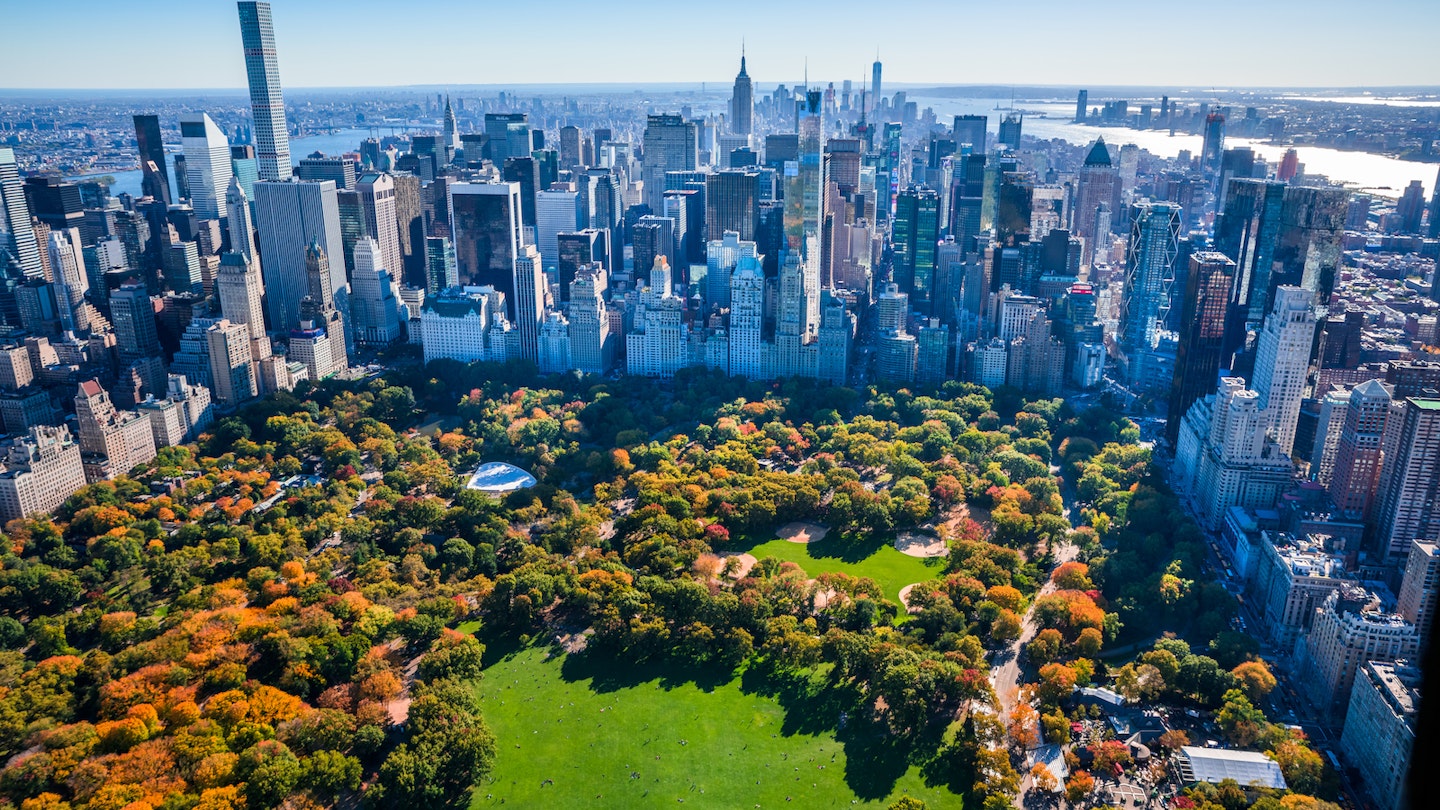Explore Manhattan: A Cultural and Culinary Journey
New York City has always been a town of firsts, and for centuries, Manhattan has been at the center of invention, creativity, and all-around American progress. The nation’s first president was inaugurated here and in 1789, it became the first American capital. In the late 1800s, it was the first city where the then-advanced technique of cable-bundling was used to build a suspension bridge. Famously known for countless advances in civic life, urban planning, arts, and dining, the exciting progress continues at a steady pace today.

Mecca of Art and Creativity
It’s almost impossible to count the number of styles of music and art that emerged and evolved in New York City’s most famous borough. From early Vaudeville theaters, the Broadway musicals took shape. The soul tunes of the 1960s and 70s gave way to disco and then hip-hop. Moreover, genres like punk rock, doo-wop, be-bop, and salsa— a fusion of Cuban and Puerto Rican music— have all thrived here. Manhattan’s engaging and creative music scenes are, collectively, the dynamic force that gives the city its unique rhythm, resonating from uptown to downtown. Since 1914, Harlem’s landmark Apollo Theater has been a launching pad for black artists, hosting the debut of Billie Holiday and Sarah Vaughn, alongside performances by legends like Duke Ellington and Diana Ross. Ella Fitzgerald was discovered during the theater’s famous amateur night, which continues to this day.
In the East Village, Joe’s Pub, a cafe-style performance space that grew out of the famed Public Theatre, features a packed calendar showcasing both emerging artists and established performers. The legendary Film Forum serves as a hotspot for indie films. Furthermore, the comedians who have been part of the troupe at Upright Citizen’s Brigade have made their mark on Saturday Night Live and popular comic films.

Surprising Natural Wonders
Yes, Manhattan is a concrete jungle, a vertical city that has inspired the design of many others. Nevertheless, there are green sanctuaries to relax, recharge, and take in nature. Central Park, Frederick Law Olmstead’s masterpiece spanning 843 acres, is the city’s most famous oasis. Additionally, the famed landscape artist’s other magnum opus is just over half a mile to the west. Riverside Park, stretching nearly 100 blocks along the Hudson River, features playgrounds, jogging trails, historic monuments, and Sakura Park, a cherry-tree-lined path that has flourished since 1912. The city continues to innovate with projects like the High Line— a one-and-a-half-mile elevated destination that was transformed from a former freight line into a landscaped park with lookout points and public art.
However, perhaps the most impressive green space of them all is the New York Botanical Garden, located on 250 acres across the Harlem River in the Bronx. Opened in 1891, this garden includes the Enid A. Haupt Conservatory, where waterlilies float in a courtyard pool during warmer months. Other highlights include 50 acres of old-growth forest, a tranquil rock garden, and community gardens featuring over one million living plants. Events like walking tours are available year-round, especially memorable during holidays when the site is renowned for its elaborate Holiday Train Show, a model-train wonderland.

Enticing Eats
One of the many benefits of Manhattan’s melting pot of residents is its wildly diverse dining scene. As immigrants arrived throughout the island’s history, they brought culinary traditions that are showcased in countless restaurants. Manhattan is home to Italian, Greek, Russian, Middle Eastern, and Asian eateries, some of which have stood the test of time— like Forlini’s, Chinatown’s oldest restaurant Nom Wah Tea Parlor, the always-bustling original P.J. Clarke’s, and the fabled Eastern European deli Russ and Daughters. This fourth-generation-run smoked fish authority has people waiting in long lines for the timeless classic: a bagel with a schmear and lox.
Furthermore, the city has always been a destination for fine dining, featuring historic steakhouses like Delmonico’s and modern culinary establishments like Per Se. Many chefs showcasing their skills at the James Beard House, which is the headquarters of the James Beard Foundation. This nonprofit promotes American culinary heritage, both past and present.
As new immigrants arrive, modern food trends emerge. Food halls have flourished in Manhattan, including the expansive Chelsea Market, Urban Space Vanderbilt, and the Great Northern Food Hall. Danish celebrity chef Kluas Meyer opened this culinary emporium in the majestic Grand Central Terminal, offering Nordic cuisine. Look for pastries, grain bowls, creative smørrebrød (Danish open-face sandwiches), and Scandinavian beers, then take home a hearty loaf of rye bread for later.
Produced by iBestTravel for Ford Motor Company. All editorial views are those of iBestTravel alone and reflect our policy of editorial independence and impartiality.




